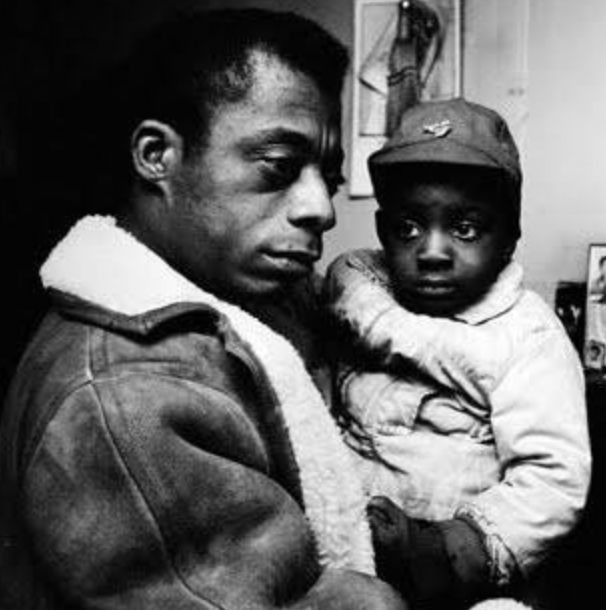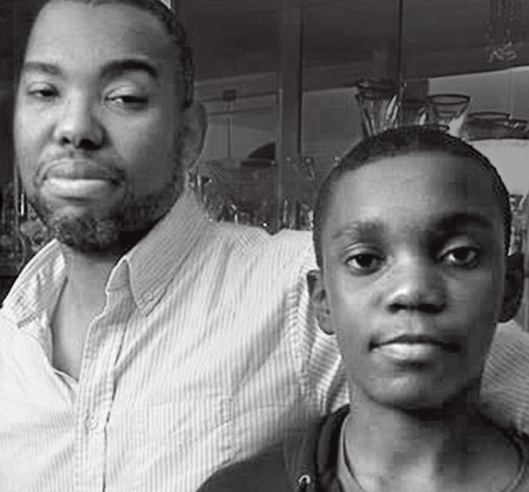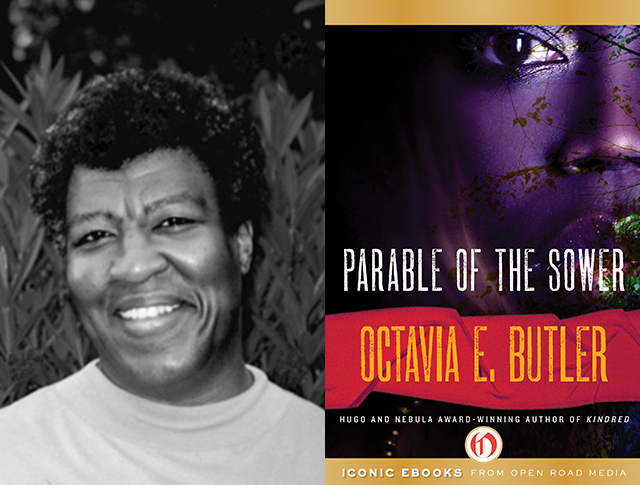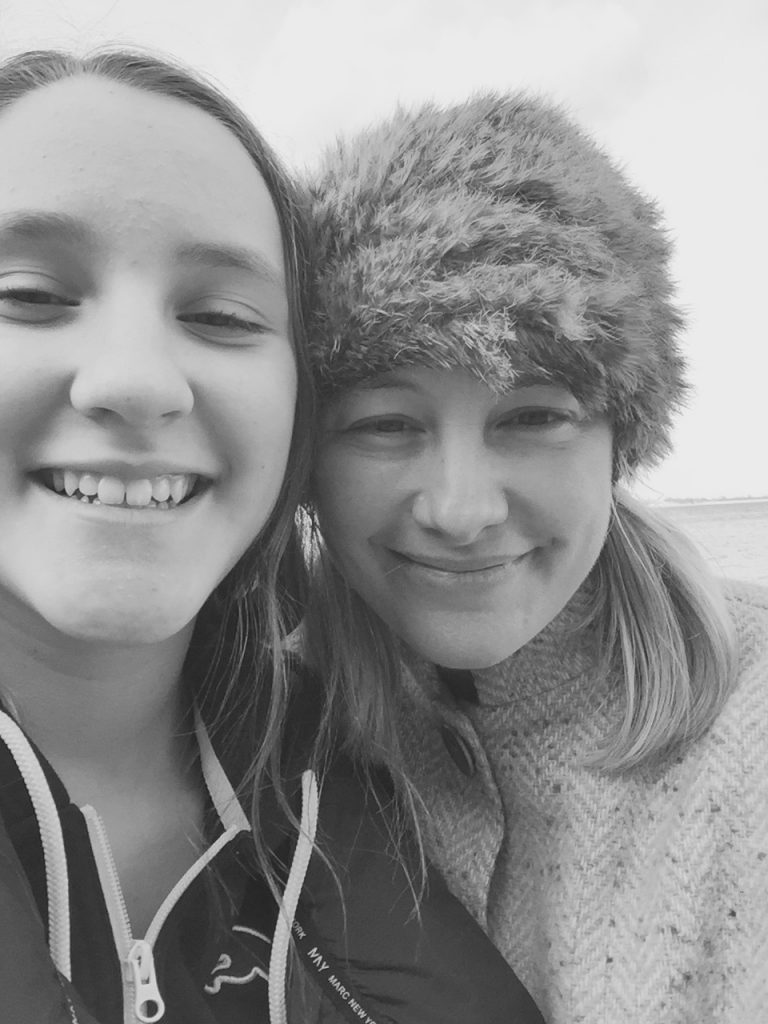 Recently, my fourteen-year-old goddaughter, Delia, asked for a reading list. I knew she was serious because she sent the request by snail mail – the millennial equivalent of engraving a message in stone. “I didn’t even vote for this president and he’s ruining my future,” she wrote. “I need books to get woke.” Obviously, an equally serious response was in order – one that acknowledged the gravity of our national turmoil without exacerbating her fears. So with the help of far smarter friends, I assembled a primer of essential “consciousness-raisers” that are neither condescending nor obtusely phrased, and I organized them into three categories I thought might appeal to her. I think this list will support resisters of all ages, for one of literature’s greatest services is to re-rear the scared, angry kids we each carry inside us. But in the spirit of James Baldwin’s epistolary essay, “Letter to My Nephew on the One Hundredth Anniversary of the Emancipation,” the “you” to whom I refer is my goddaughter in the wake of the first 100 days of the Trump presidency.
Recently, my fourteen-year-old goddaughter, Delia, asked for a reading list. I knew she was serious because she sent the request by snail mail – the millennial equivalent of engraving a message in stone. “I didn’t even vote for this president and he’s ruining my future,” she wrote. “I need books to get woke.” Obviously, an equally serious response was in order – one that acknowledged the gravity of our national turmoil without exacerbating her fears. So with the help of far smarter friends, I assembled a primer of essential “consciousness-raisers” that are neither condescending nor obtusely phrased, and I organized them into three categories I thought might appeal to her. I think this list will support resisters of all ages, for one of literature’s greatest services is to re-rear the scared, angry kids we each carry inside us. But in the spirit of James Baldwin’s epistolary essay, “Letter to My Nephew on the One Hundredth Anniversary of the Emancipation,” the “you” to whom I refer is my goddaughter in the wake of the first 100 days of the Trump presidency.
EPISTOLARY ESSAYS
Take note! Every book the author James Baldwin wrote is essential and beautiful, so you should read all of them. But The Fire Next Time, his 1963 collection of two essays (one of which I mention above), describes the reality of being black in America so clearly that it may be the most important thing you’ll ever read about race. In it, he explains what it’s like to live as a person of color when “neutral” means “white,” and he breaks down how racism has infected every level of U.S. life since Europeans first seized this country from Native people. Baldwin’s own words say it best: “The American Negro” – I know you’re rolling your eyes, but in 1963 people still used the word “negro” – “has the great advantage of having never believed the collection of myths to which white Americans cling [such as] that their ancestors were all freedom-loving heroes.” Baldwin says something else you may find pretty interesting, doll: “Negros know far more about white Americans than what parents … know about their children, and that they very often regard white Americans that way.” It brings new meaning to the expression, “Parents just don’t understand.”
There are two more collections of “epistolary essays” –nonfiction articles written as letters – that may blow your mind. One is Between the World and Me by Ta-Nehisi Coates. Written in 2015 as a letter to his fifteen-year-old son, it’s sort of like Baldwin’s letter to his nephew, and it’s the perfect argument against the “All Lives Matter” slogan that gets you so mad.  [“All Lives Matter” kept getting spray-painted over the “Black Lives Matter” sign in front of Delia’s church, to her understandable fury.] In the book, Coates spells out the realities of police brutality, mass incarceration, and the general mistreatment that young people of color experience in our country even though it is supposedly the land of the free. The author is so honest and real it will make you cry, rage, and want to fight the power. (I hope you do!)
[“All Lives Matter” kept getting spray-painted over the “Black Lives Matter” sign in front of Delia’s church, to her understandable fury.] In the book, Coates spells out the realities of police brutality, mass incarceration, and the general mistreatment that young people of color experience in our country even though it is supposedly the land of the free. The author is so honest and real it will make you cry, rage, and want to fight the power. (I hope you do!)
Another book that will hit you hard is Radical Hope: Letters of Love and Dissent, which is an anthology of letters that all these different Americans wrote right after Donald Trump was elected president. After I finished reading it, I didn’t just feel sad and mad. I also felt optimistic. The editor, Carolina de Robertis, asked all these activists and writers from many different walks of life to discuss what has been done and what we can do when inhumane people are in power. I can’t tell you how much I learned.
DYSTOPIAS
Dystopias are science fiction stories that warn us about the future. My favorite one – and one I think you’ll love – is Parable of the Sower by Octavia Butler. Like The Hunger Games, it has a strong, female teenage protagonist who leads a revolution. I know I’m always telling you this, but just because you’re young doesn’t mean you can’t change the world. Some of the Black Panthers were your age when they fought for black power and brought aid to poor neighborhoods in cities. This reminds me: Read Women, Race and Class by Angela Davis, who was a Black Panther. It’s a tough read in places but it explains everything about what I keep calling “intersectional feminism.” Dude! Also read ANYTHING by bell hooks. Yep, she doesn’t use capital letters. I can feel you rolling your eyes again, but she’s great.
Anyway, Parable of the Sower is about a future America in which a bullying, racist politician who treats America like a corporation rises to power by promising to “make America great again” and then everything becomes a scary weaponized state where nothing and nobody is free. Sound familiar? It’s crazy that it was written in 1993, since it feels accurate right now.
The cool part is that a group of people, led by a black girl only a few years older than you, try to create a new society with food they grow themselves since even basics like water and bread are really, really expensive and difficult to obtain. The book features people  of all races, sexualities, and genders – the cool thing about sci-fi is that the author can create any kind of world she wants – and it’ll make you grateful for so many things you take for granted right now. (Sorry if I sound mean, but “woke” means waking up to reality rather than just spacing out on your phone and tablet. Yes, I still love you even though I call you an iPhone zombie.)
of all races, sexualities, and genders – the cool thing about sci-fi is that the author can create any kind of world she wants – and it’ll make you grateful for so many things you take for granted right now. (Sorry if I sound mean, but “woke” means waking up to reality rather than just spacing out on your phone and tablet. Yes, I still love you even though I call you an iPhone zombie.)
Another dystopia you should read is The Handmaid’s Tale by Margaret Atwood. It’s about an ordinary woman living in Greater Boston, not far from you, in a future in which women have no rights and no freedom. They’re not even allowed to read, if you can imagine that craziness. (It’ll make you mad, but in a good way.) Once you finish it, you should watch the new Hulu television adaptation; it’s so scary but also so smart and cool.
Finally, I know you’re always hearing the references to 1984, so just go ahead and read the George Orwell sci-fi classic. Believe it or not, he wrote it in 1949, when 1984 was way in the future rather than in the past – um, before you were born. (I know I’m an old lady, but that’s weird for me to think about.) Anyway, 1984 is that sci-fi book that coined the term “Big Brother,” and it basically predicts our current reality in which we’re always being watched through our devices and our leaders use language to confuse and mislead us rather than to tell us the truth. Sound familiar?
GRAPHIC NOVELS
Look, I know you are far too grown up for picture books. But graphic novels – basically comic books for grownups – are another thing altogether. Some of the best books written in the last fifty years have been in this genre. Check out Maus, Art Spiegelman’s book about the Holocaust, and Fun Home, Alison Bechdel’s book about growing up gay in the 1970s with a father who was secretly gay as well. Both will knock your socks off by talking about some really hard things while also being really creative.
 But the book that I know you will just love-love-love is Persepolis by Marjane Satrapi. It’s a true story about this girl growing up in Iran in the 1980s. She comes from a modern, atheist family but is forced to wear the Muslim veil and go to a girls-only school after there’s a revolution in her country. She is brave and funny – she loves a lot of the same pop music you do – and she digs revolutionaries like Fidel Castro, Che Guevara, and Karl Marx. Believe me, you’ll be googling up a storm, and you won’t even complain while you’re doing it.
But the book that I know you will just love-love-love is Persepolis by Marjane Satrapi. It’s a true story about this girl growing up in Iran in the 1980s. She comes from a modern, atheist family but is forced to wear the Muslim veil and go to a girls-only school after there’s a revolution in her country. She is brave and funny – she loves a lot of the same pop music you do – and she digs revolutionaries like Fidel Castro, Che Guevara, and Karl Marx. Believe me, you’ll be googling up a storm, and you won’t even complain while you’re doing it.
I hope this helps, doll. You know I love you – make a face if you want – and that I believe you and other people your age can save our crazy, amazing country from itself.
This was originally published at Signature.
